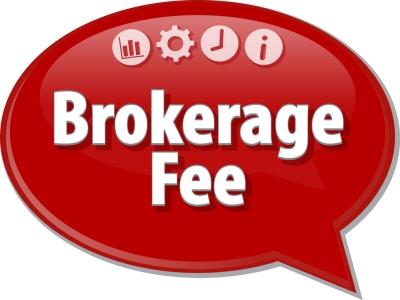
Comments & Feedback From Pro Intermediaries & Pro Advisors On BizBen:

 I personally do not charge upfront fees. I receive payment when the deal is closed. I feel if a broker charges upfront fees, to sell a restaurant for example, then the incentive for that broker to perform has been diminished. I explain to the seller how I advertise and work with buyers to sell the business, and that how my hard work justifies my commission.
I personally do not charge upfront fees. I receive payment when the deal is closed. I feel if a broker charges upfront fees, to sell a restaurant for example, then the incentive for that broker to perform has been diminished. I explain to the seller how I advertise and work with buyers to sell the business, and that how my hard work justifies my commission.

 Owners have a new resource for selling their very small business (typically, sales under $500,000) that can provide the business seller "the best of both worlds." Business sellers benefit from the professional assistance of a broker in valuing the business, re-casting financials, writing effective but confidential ad copy, receiving initial inquiries, getting NDAs and buyer profiles submitted, and then drafting the offer and contract, arranging for escrow, and facilitating due diligence.
Owners have a new resource for selling their very small business (typically, sales under $500,000) that can provide the business seller "the best of both worlds." Business sellers benefit from the professional assistance of a broker in valuing the business, re-casting financials, writing effective but confidential ad copy, receiving initial inquiries, getting NDAs and buyer profiles submitted, and then drafting the offer and contract, arranging for escrow, and facilitating due diligence.
 Each business transaction is different than the next. In certain cases the broker might see that the listing is reasonably priced, the business is relatively easy to understand and is immediately marketable. In these cases a fee may not be warranted. However, the broker might still charge for certain items, such as advertising, packaging, information gathering and research. I do believe that a fee is absolutely warranted with businesses that do require a great deal of education and packaging. Proper preparation is often very time consuming. In some cases Sellers are slow with providing information or the broker might need to seek out other sources of information, which can also take a great deal of time and expense. Not having certain information available might also prevent the business from being immediately marketed.
Each business transaction is different than the next. In certain cases the broker might see that the listing is reasonably priced, the business is relatively easy to understand and is immediately marketable. In these cases a fee may not be warranted. However, the broker might still charge for certain items, such as advertising, packaging, information gathering and research. I do believe that a fee is absolutely warranted with businesses that do require a great deal of education and packaging. Proper preparation is often very time consuming. In some cases Sellers are slow with providing information or the broker might need to seek out other sources of information, which can also take a great deal of time and expense. Not having certain information available might also prevent the business from being immediately marketed.